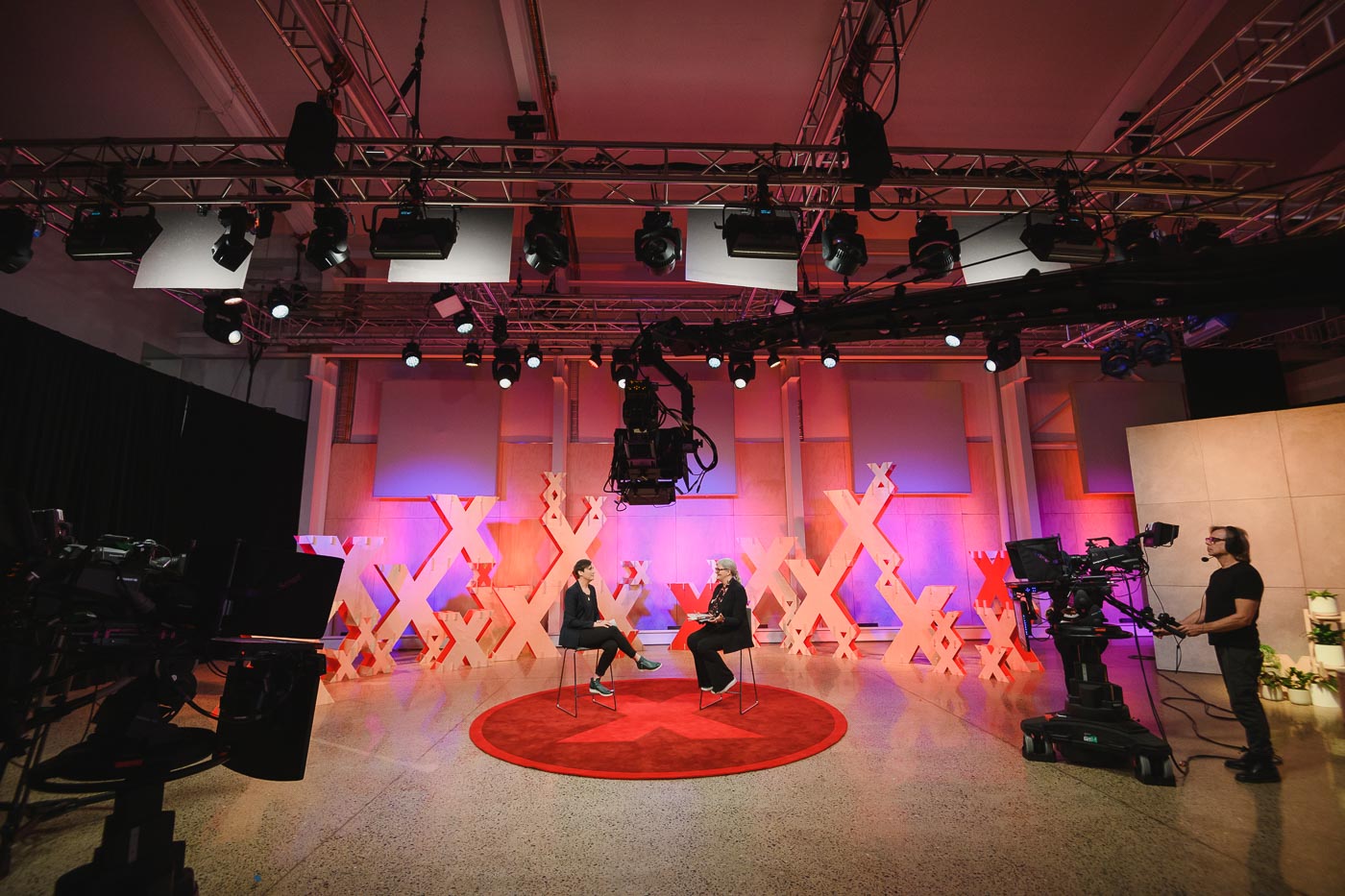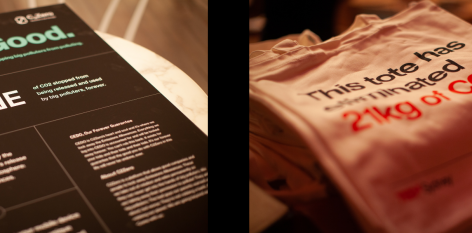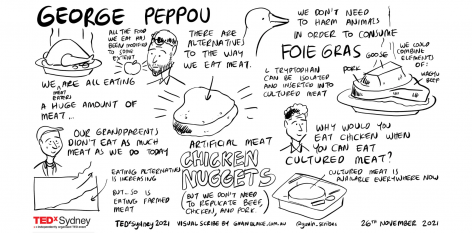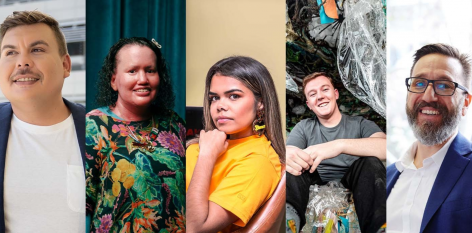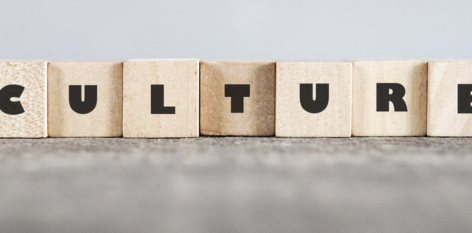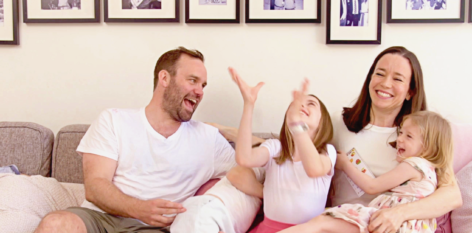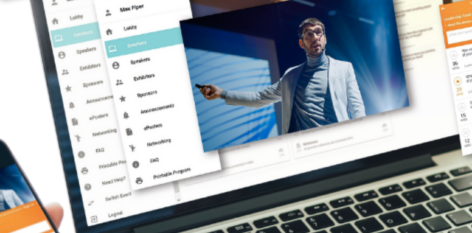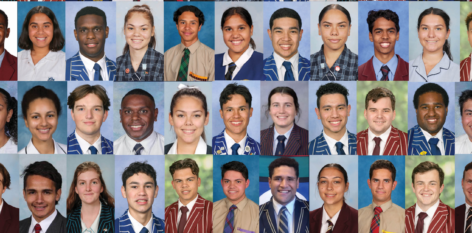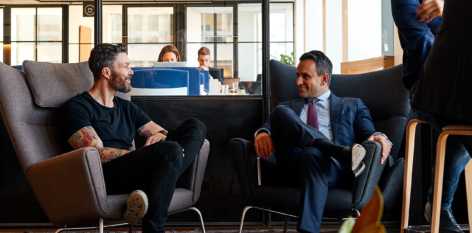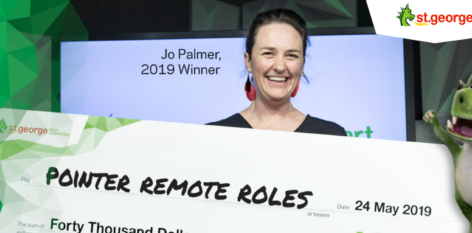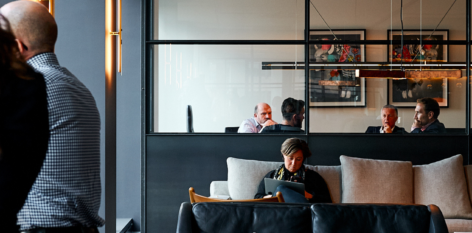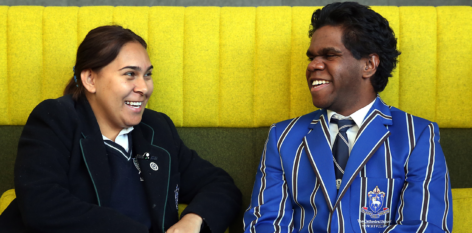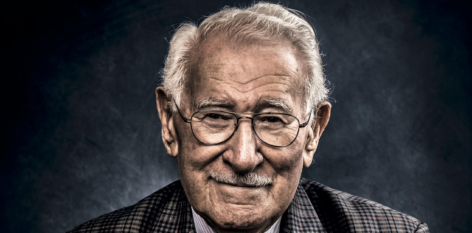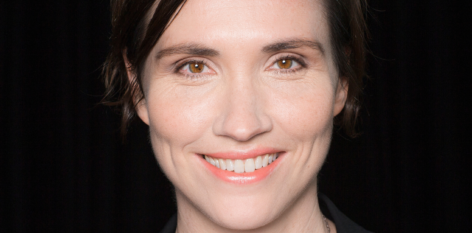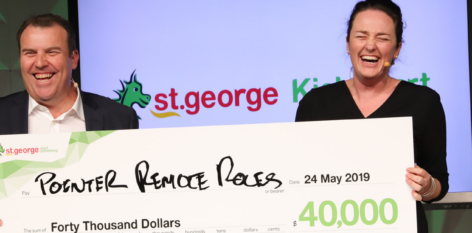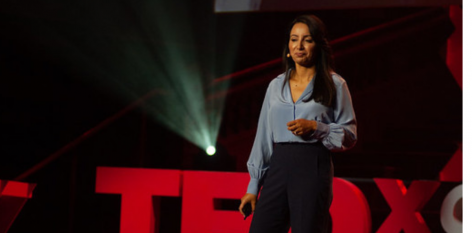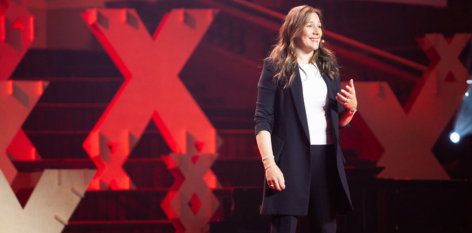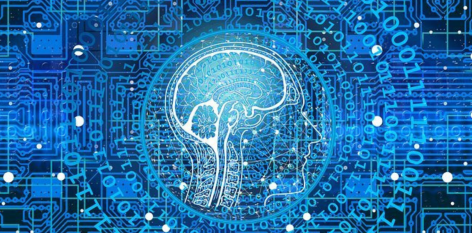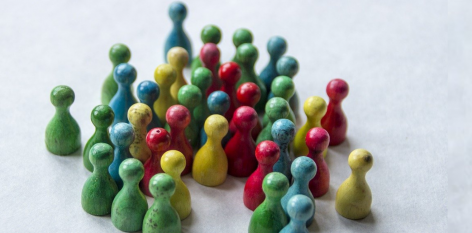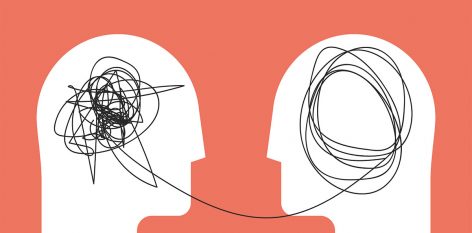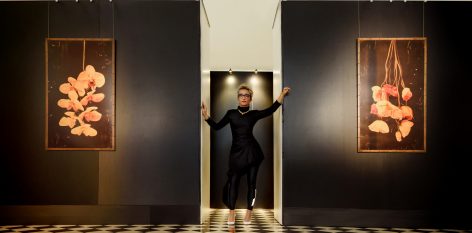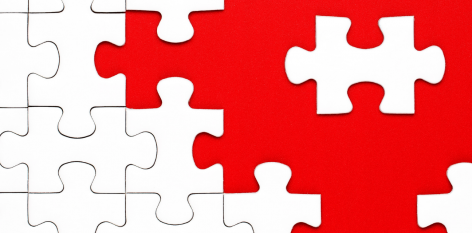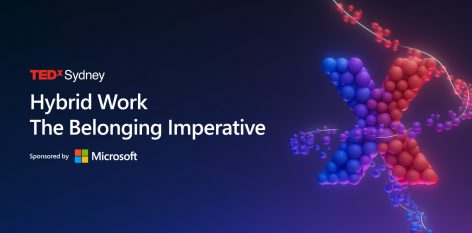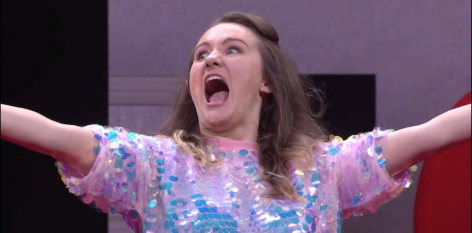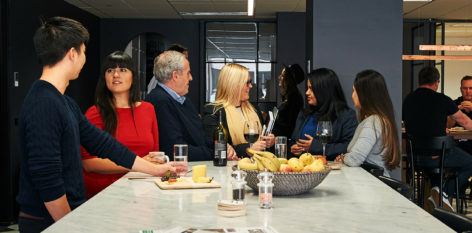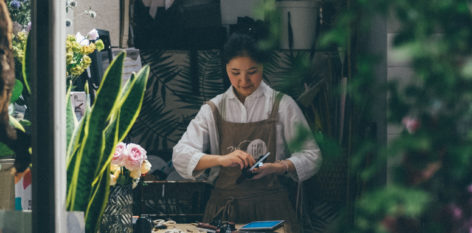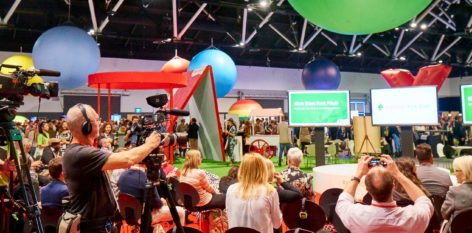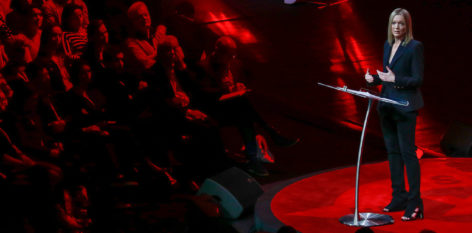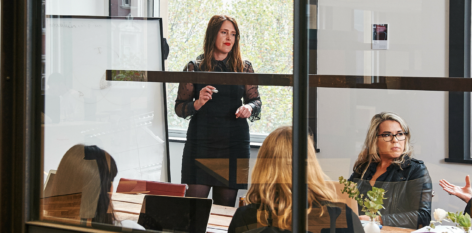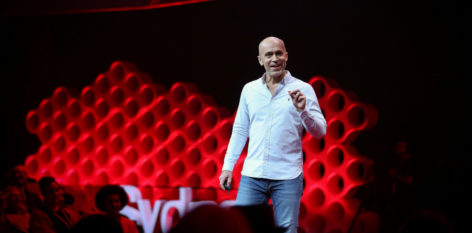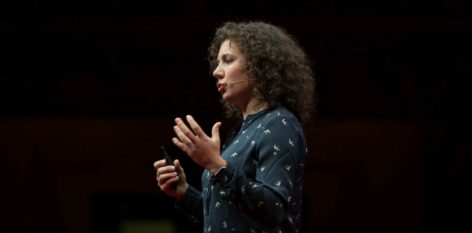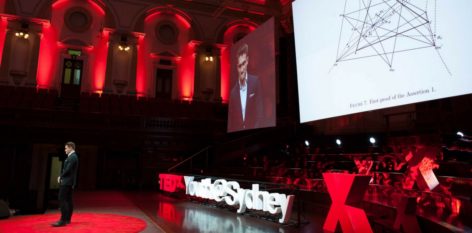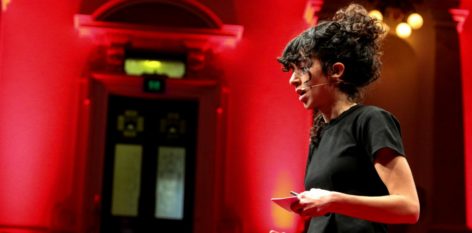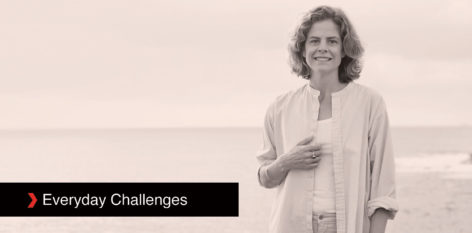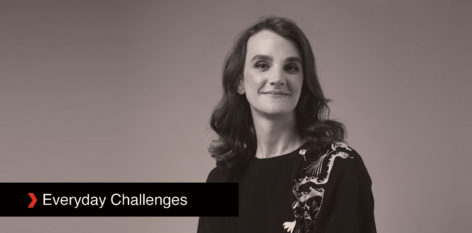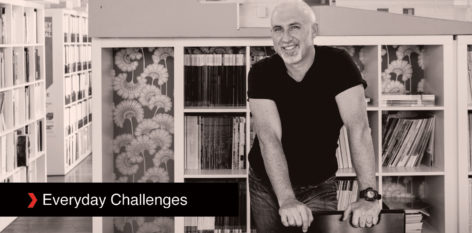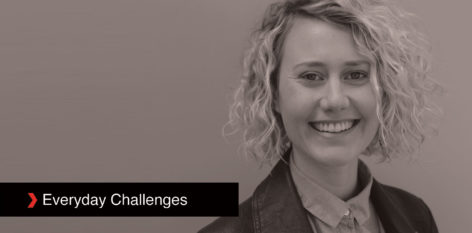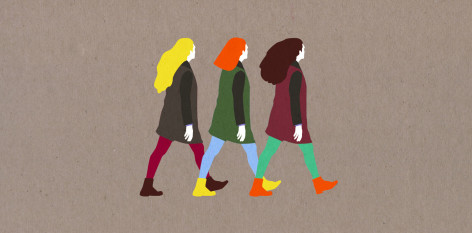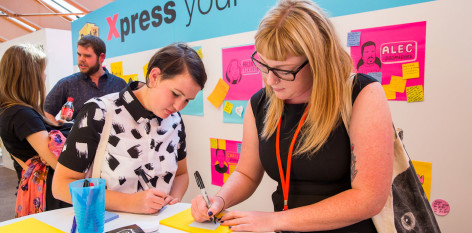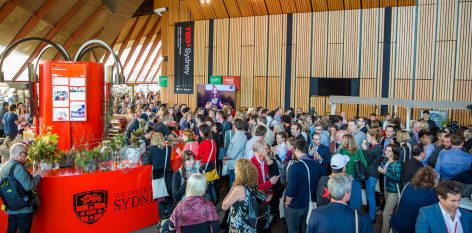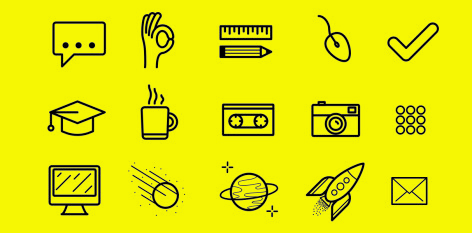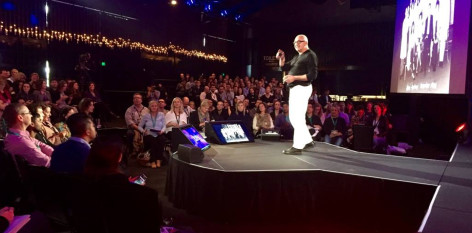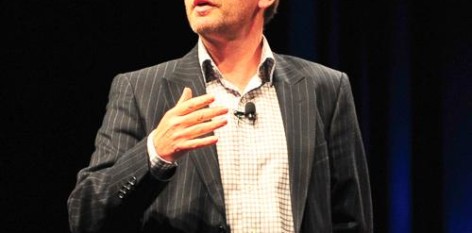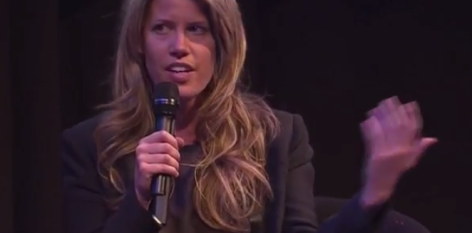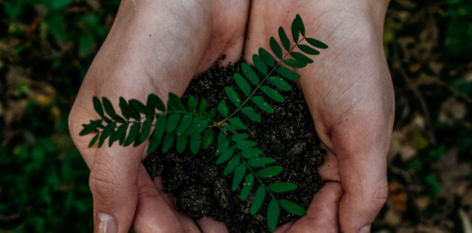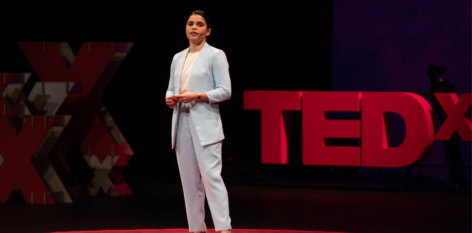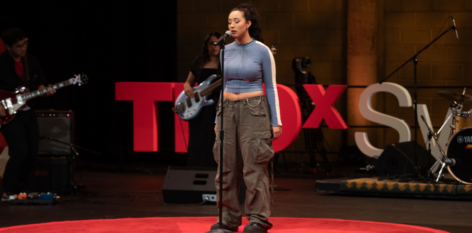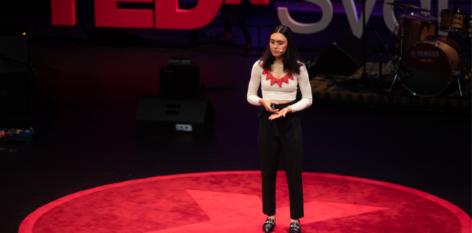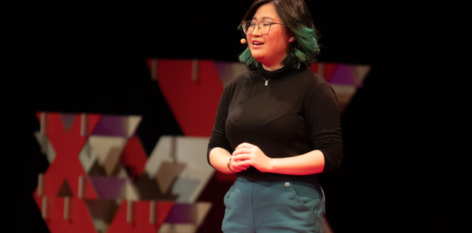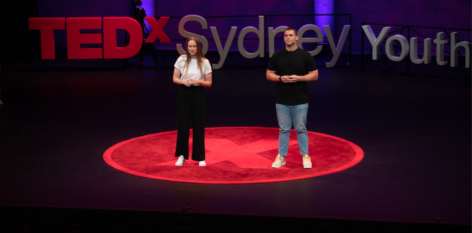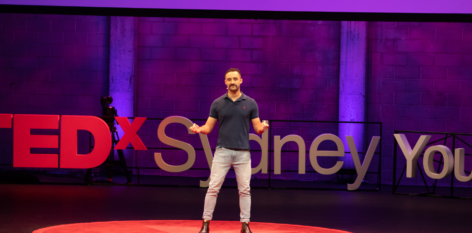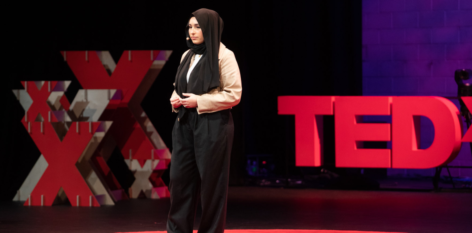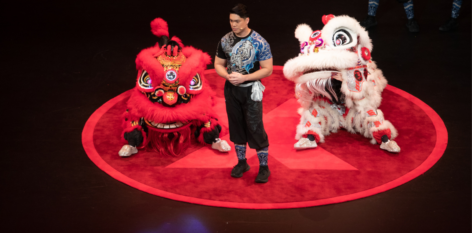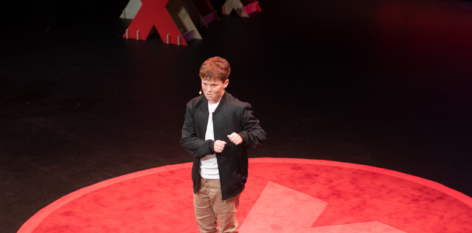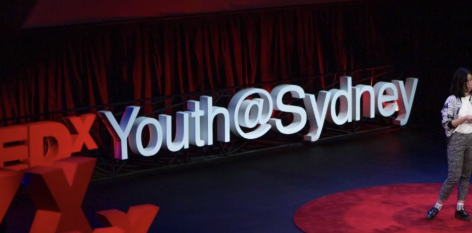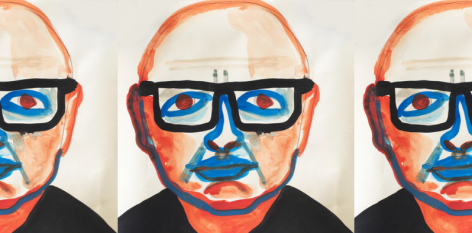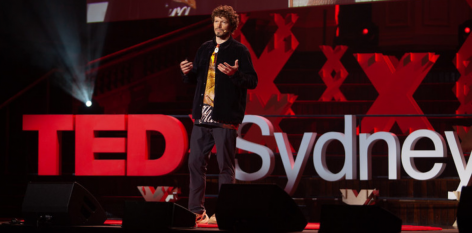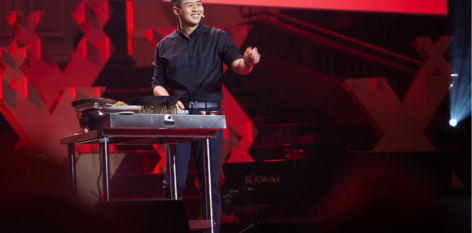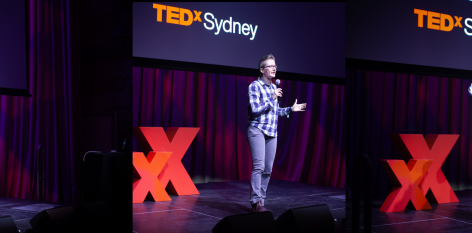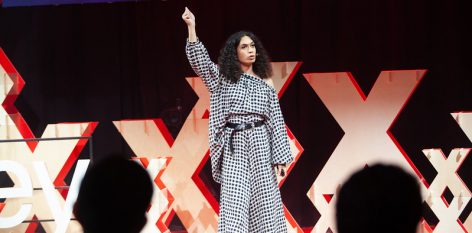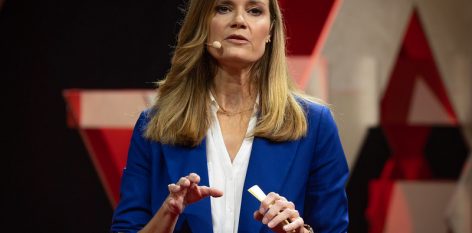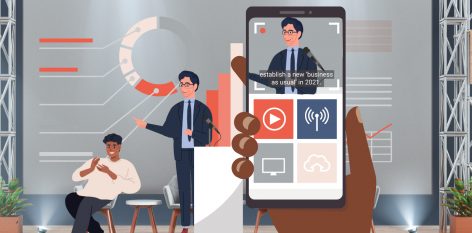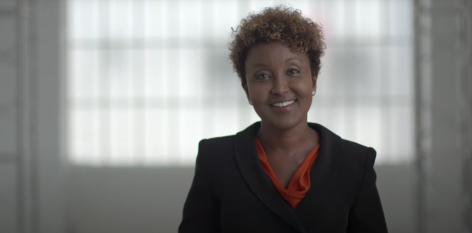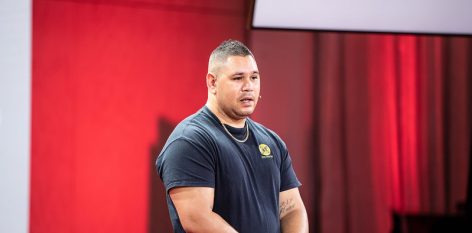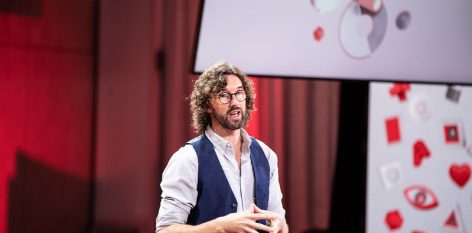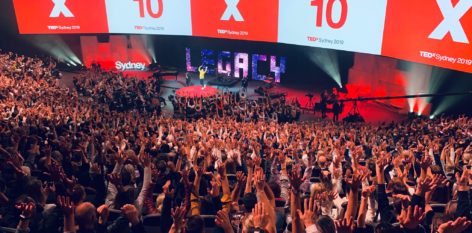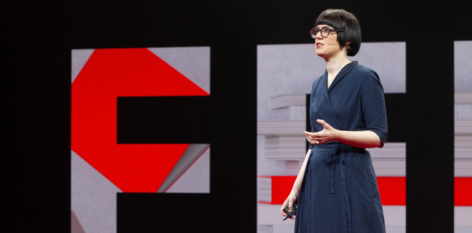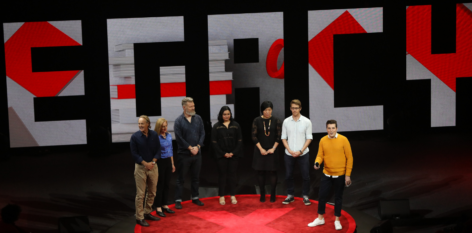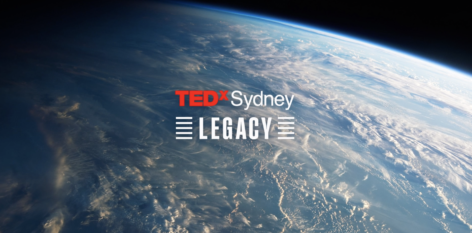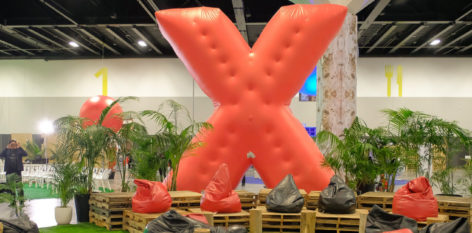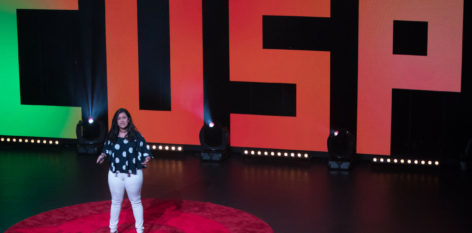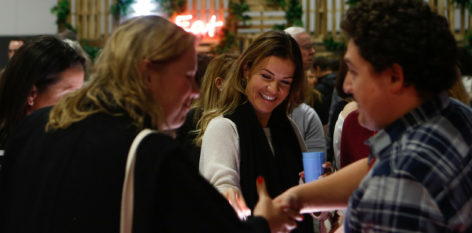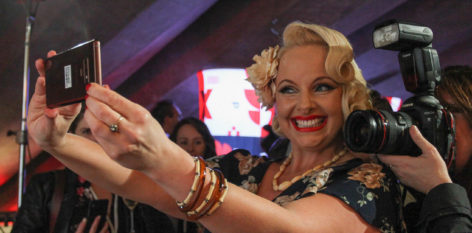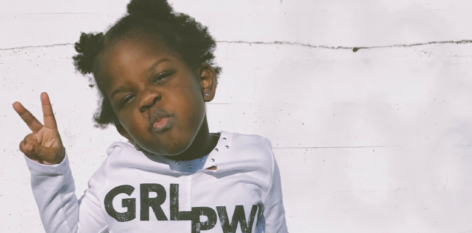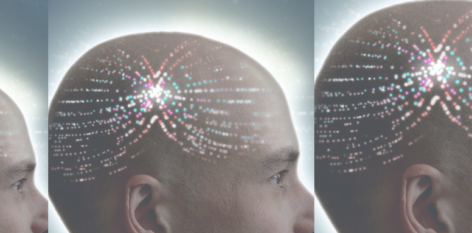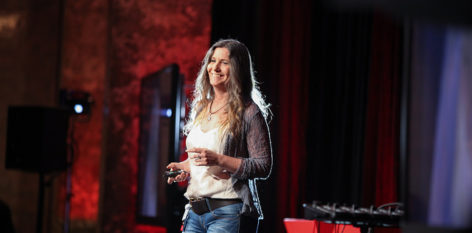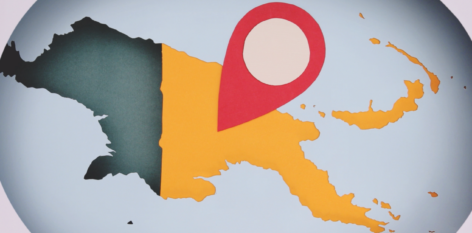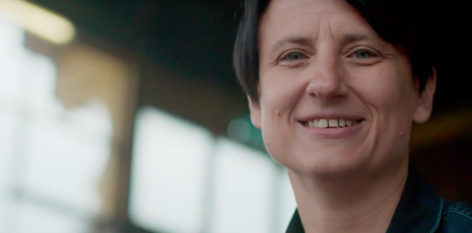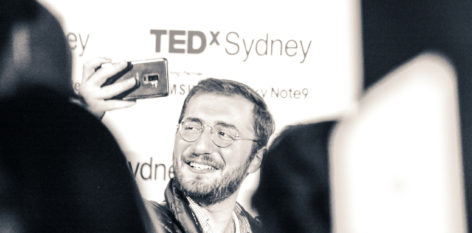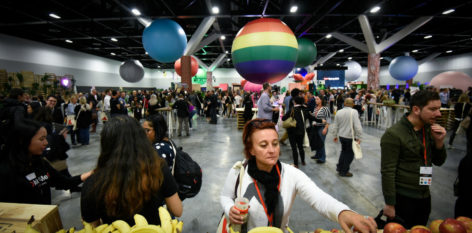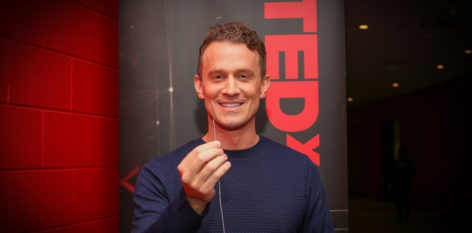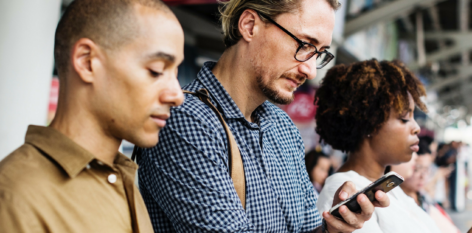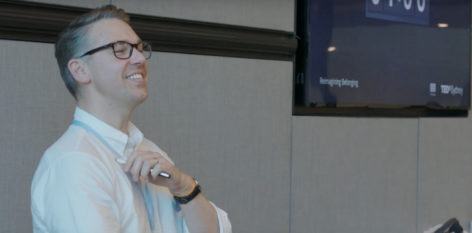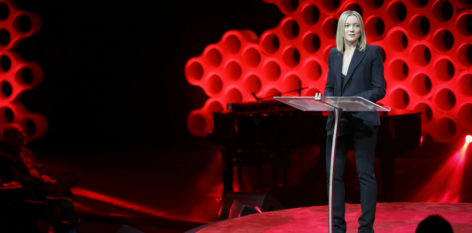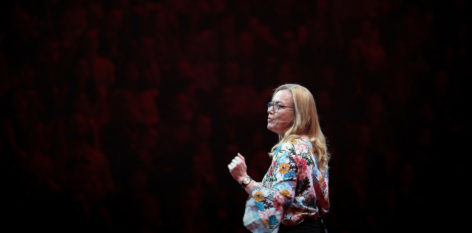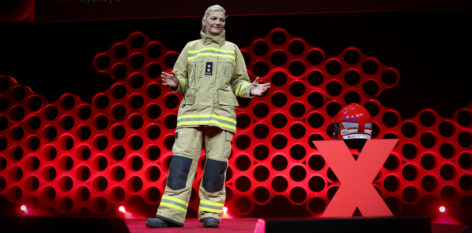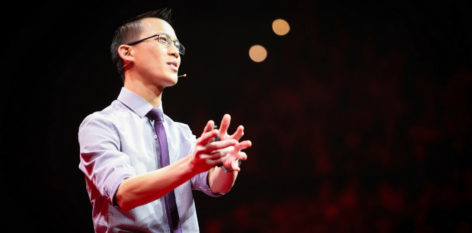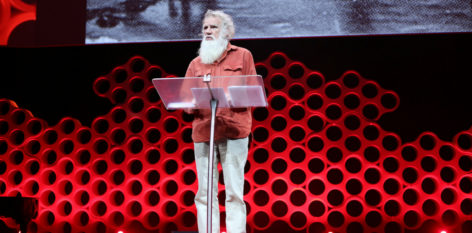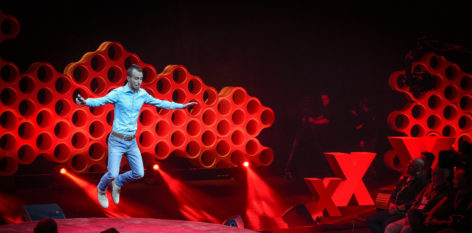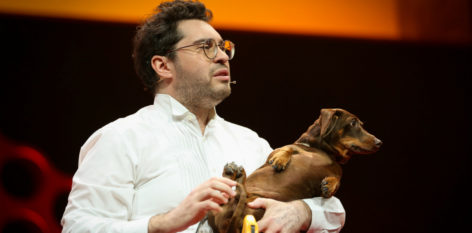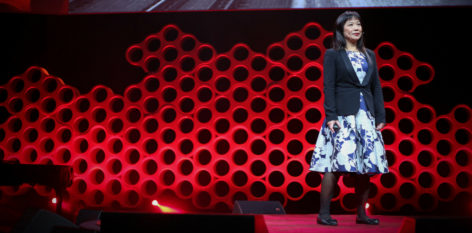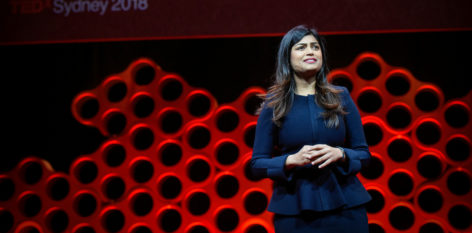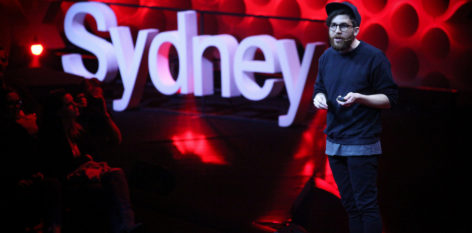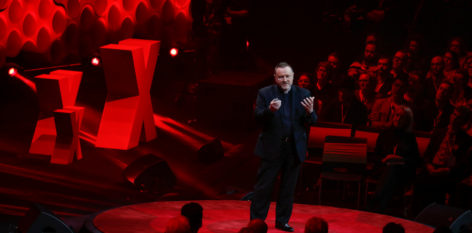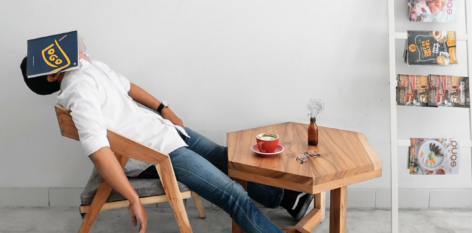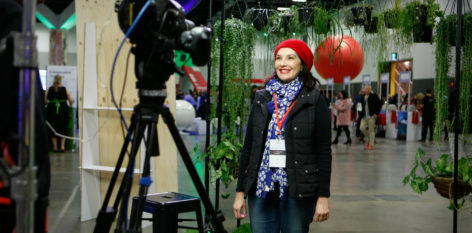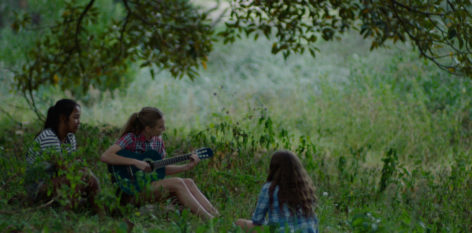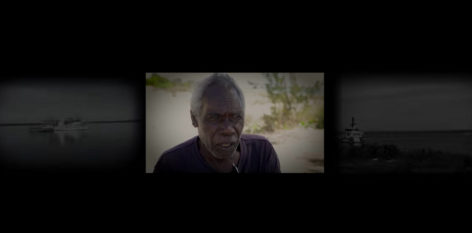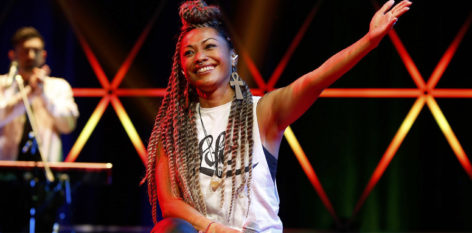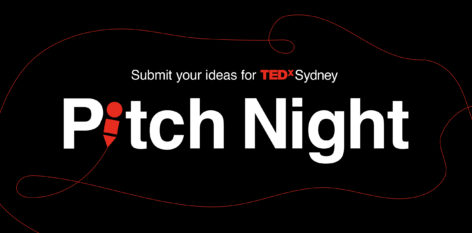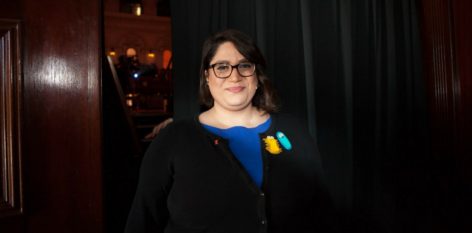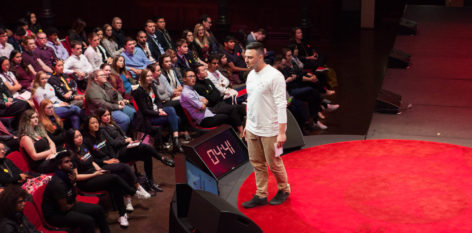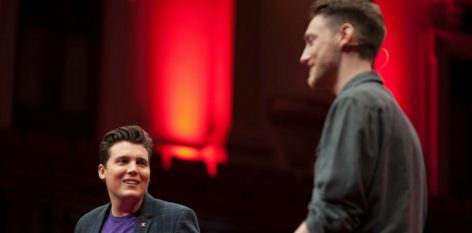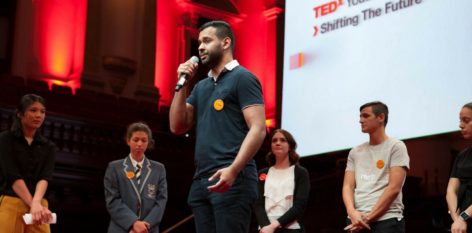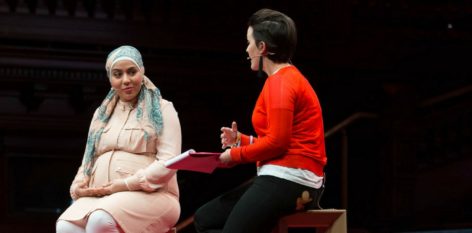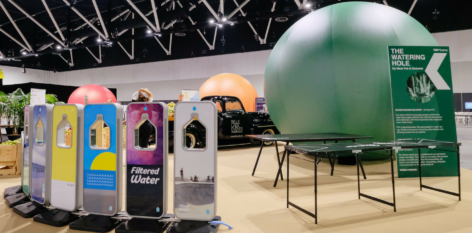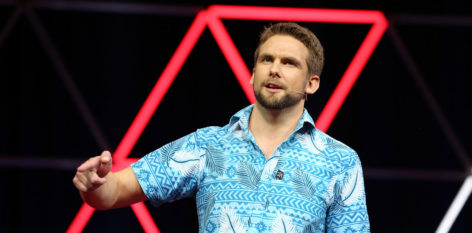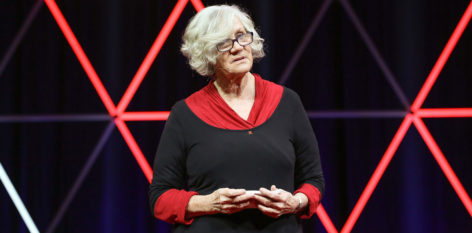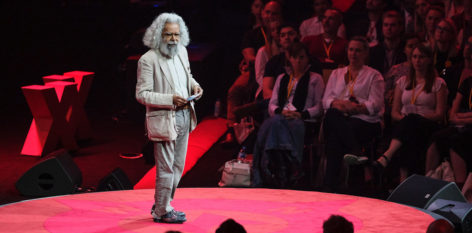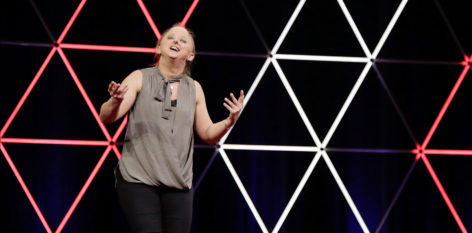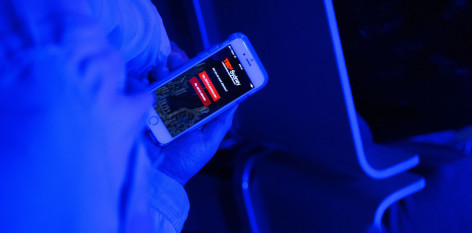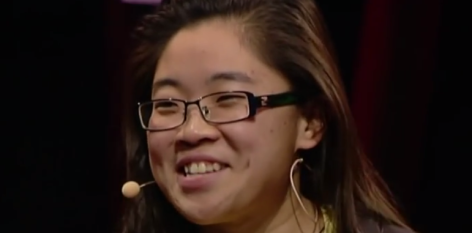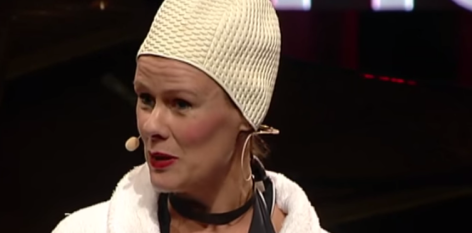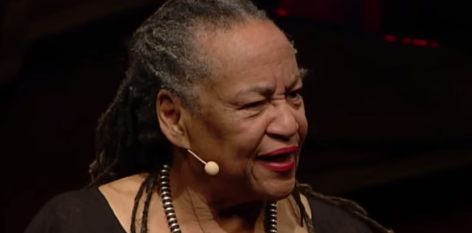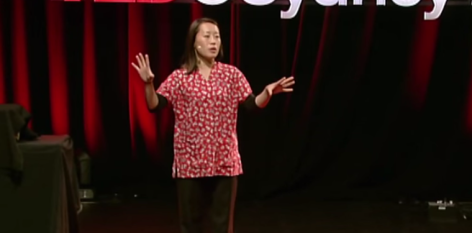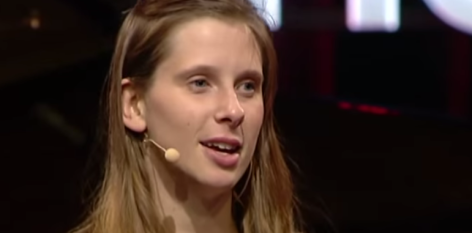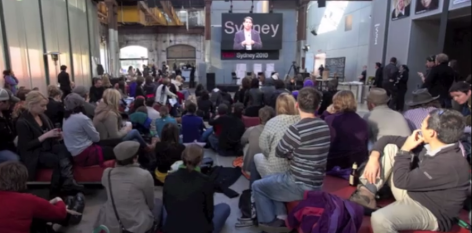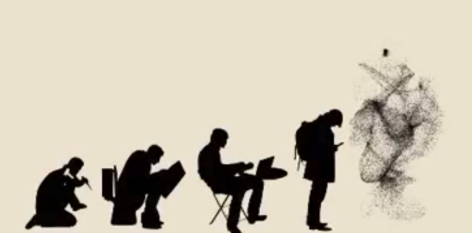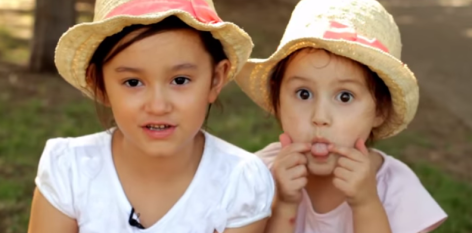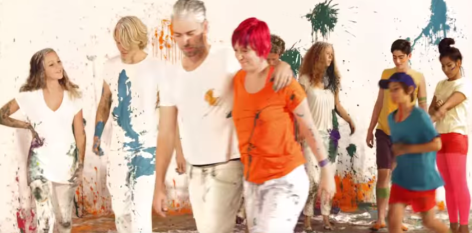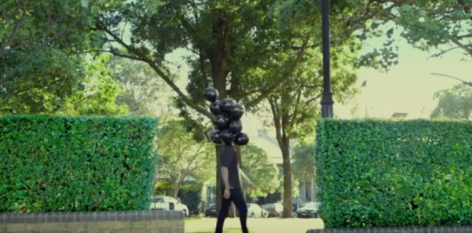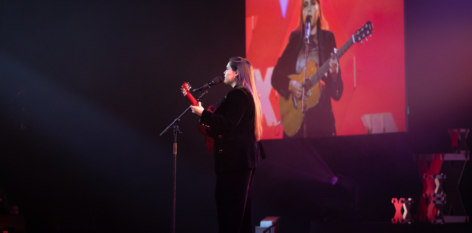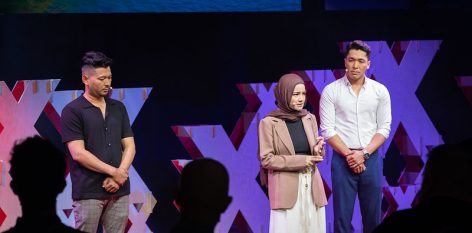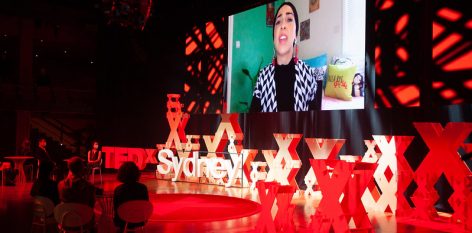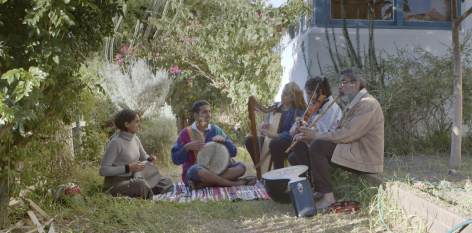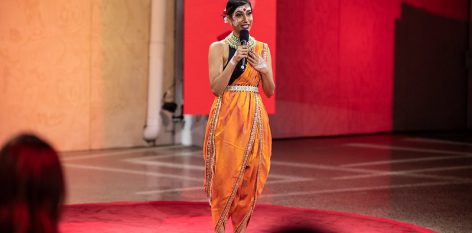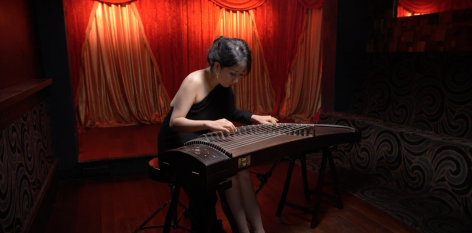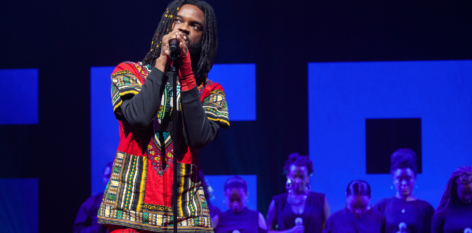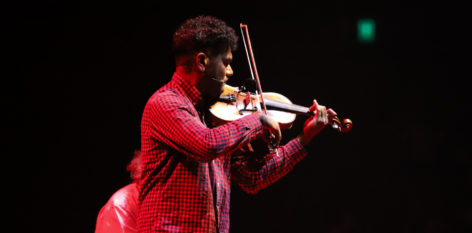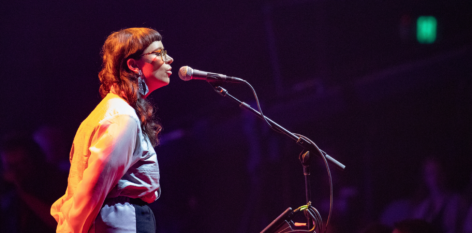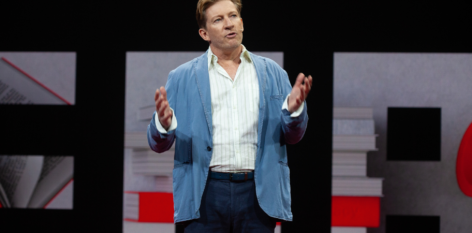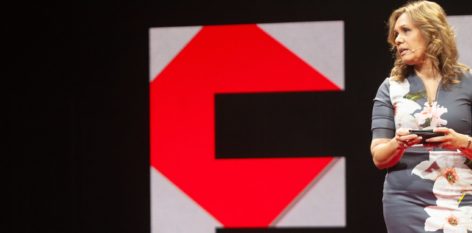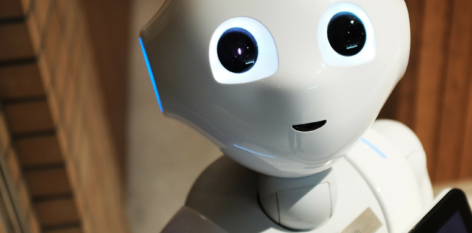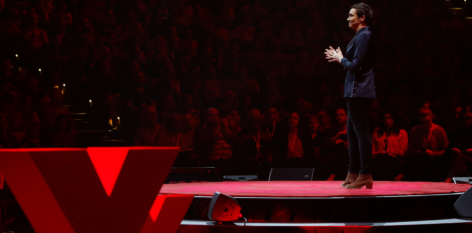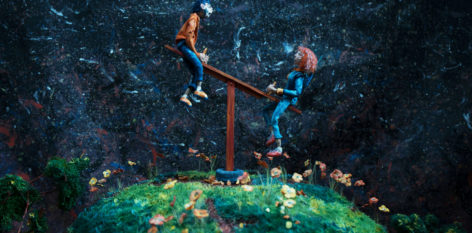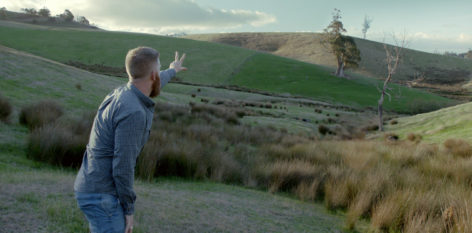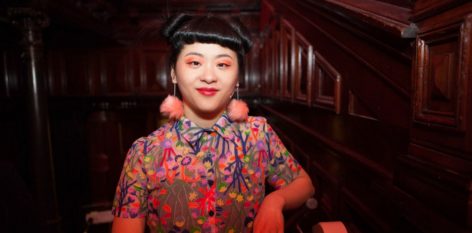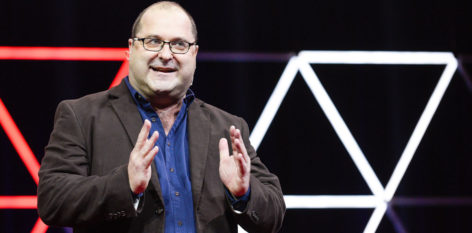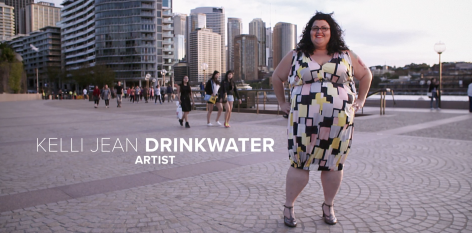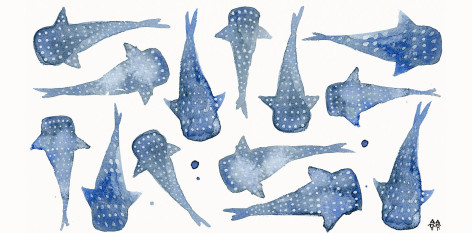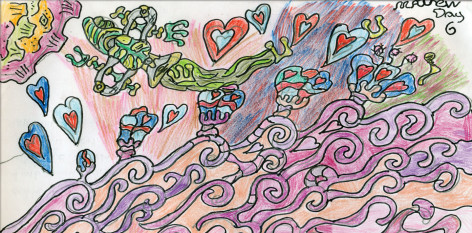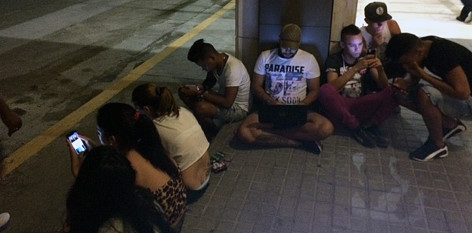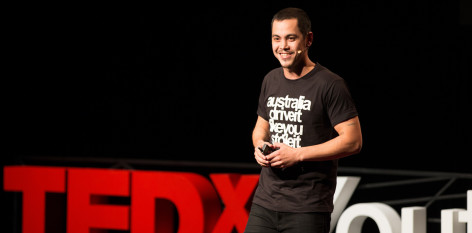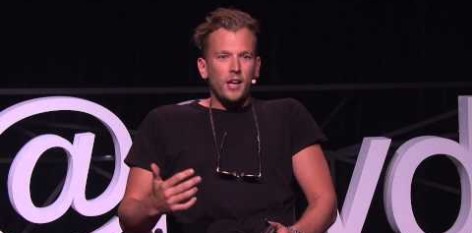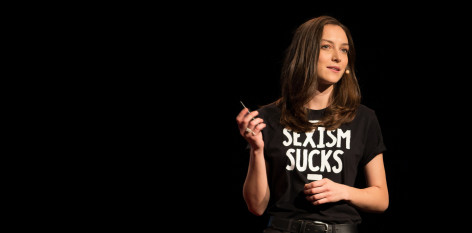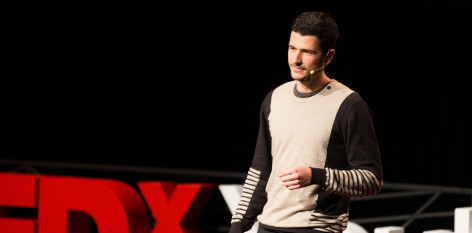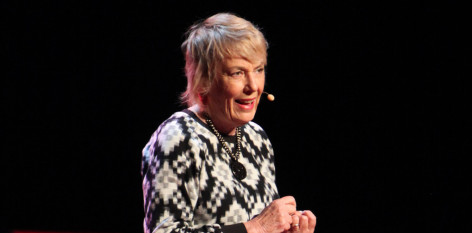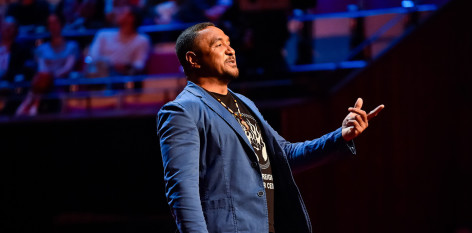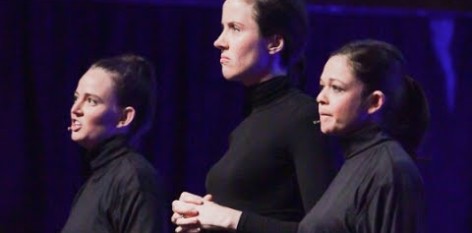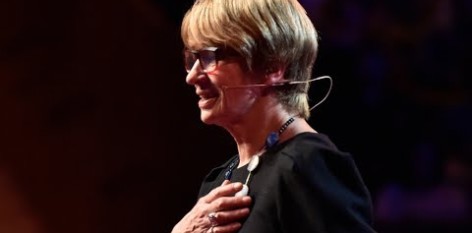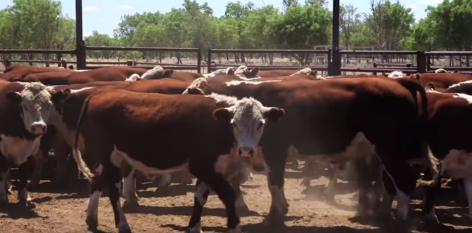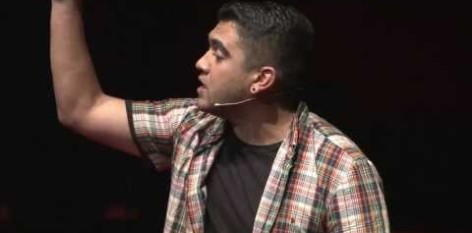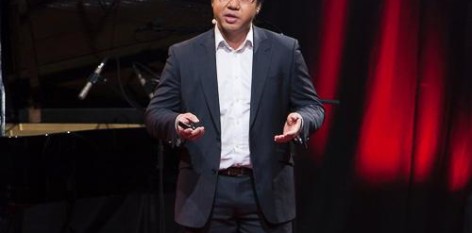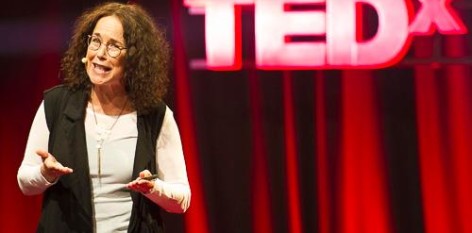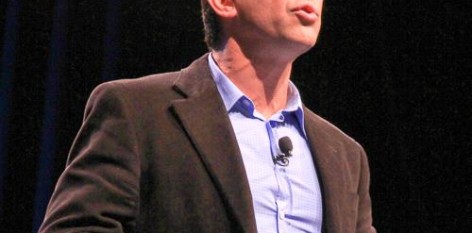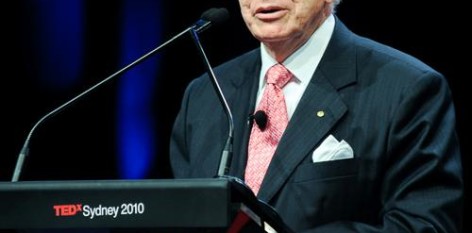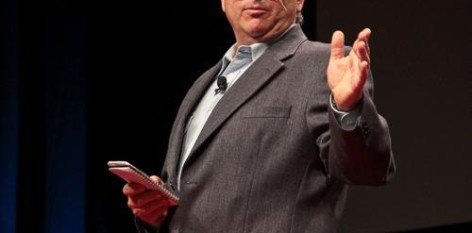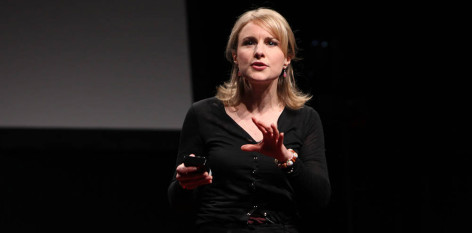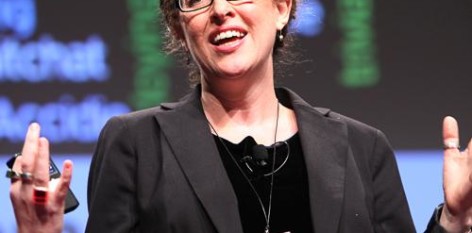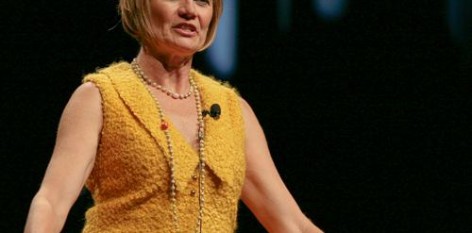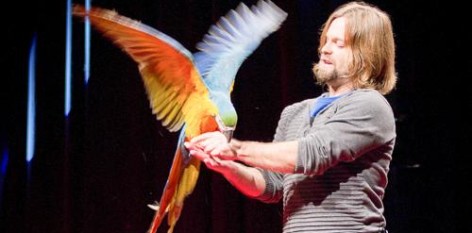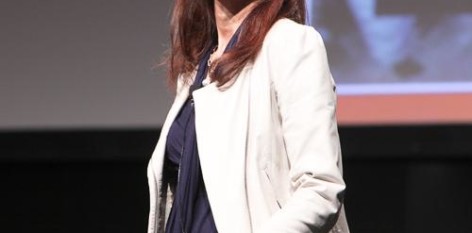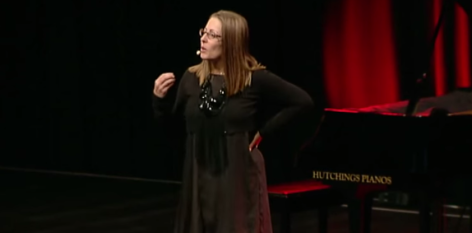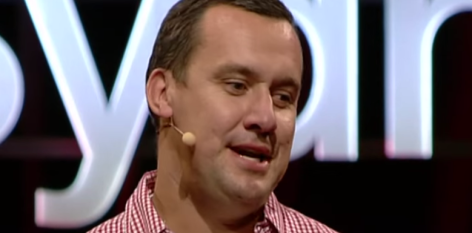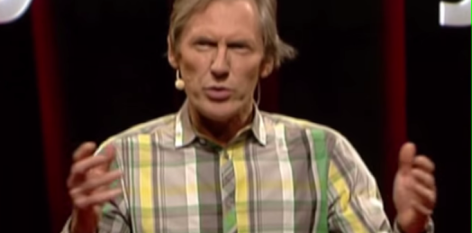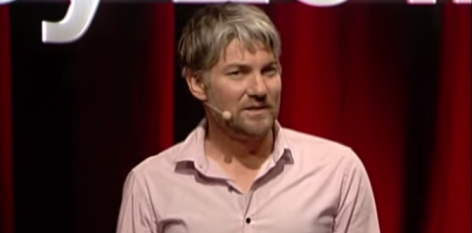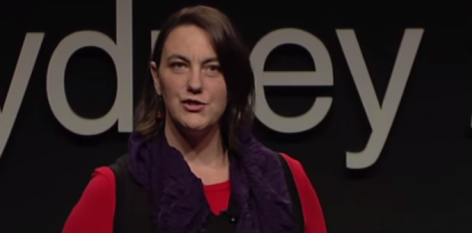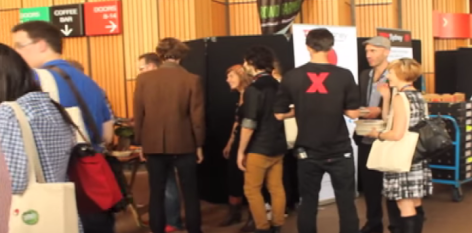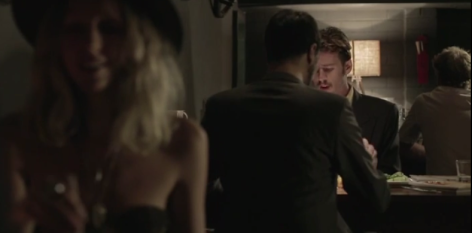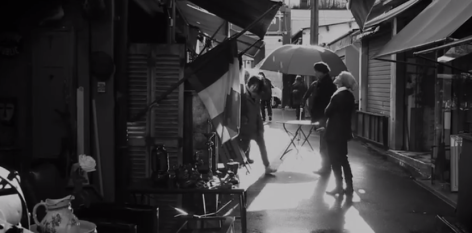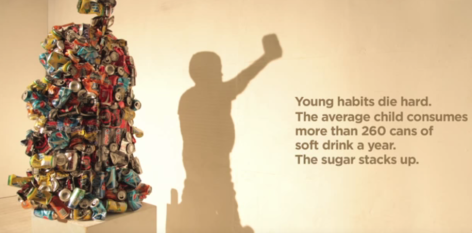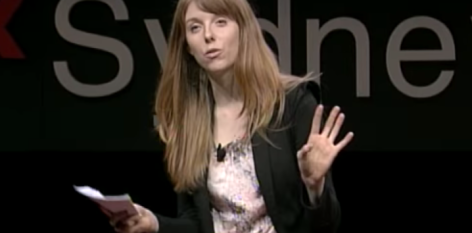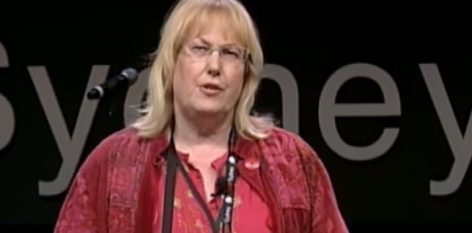Last week, we were fortunate enough to bring together some of the sharpest minds on leadership, business and ideas to unravel the subject of hybrid work.
From the care economy, through to belonging in a more timeless sense and lessons of belonging embedded in philosophy and creating social capital in a hybrid environment. Our contributors Stan Grant, Sam Mostyn, Mark Mortenson, Tim Dean and Tom Harkin shared a series of remarkable insights and ideas from our TEDxSydney stage, proudly sponsored by Microsoft.
- The care economy
What could Australia achieve if we put care at the heart of our society and our economy?
If we’re not bound by the way we thought about things pre-COVID, what would bring us collectively together, to focus on our future? Business and sustainability leader, Sam Mostyn argues that we need to put care at the centre of our work and our organisations. “We need a different kind of leadership to the one we have right now. It’s not pretending that we don’t have big challenges, but it’s got to be collaborative and compassionate and have a sense of purpose and kindness.”
Care can be seen as a ‘soft’ issue and the term carer can be highly gendered but it needs to set the tone for how we discuss the future of our world:
- Care for country – First Nations insights, climate change
- Care for institutions – our democracy, our constitution and Uluru Statement of the Heart
- Care for community – the old, the vulnerable and the young
- Care for each other – ensuring a better, prosperous happier country
So how do we link the idea of care to hybrid work? “Offices, physical structures and employment contracts do not give a sense of belonging or connectivity to care. They’re an old way of thinking about how we collected as workers.”
Sam spoke about the work of mwah (Making Work Absolutely Human) and the idea that leaders are now using concepts like social mapping to look at the connectivity between people. “Not just within themselves, but mapping their relationships with customers, stakeholders and community more generally. If people feel a sense of belonging together, they bring so much more to the table.”
- The power of ‘deep listening’
As Sam Mostyn opened Larissa Behrendt’s novel After Story and began to read a quote from its pages, she may have been reading Larissa’s words, but they spoke a universal truth and it seemed everyone was really listening:
Deep listening: “It was the idea of listening with respect. Hear, think, don’t hurry, listen to the story and consider what’s in the spaces. Don’t interrupt with questions, wait to hear what the speaker wants to tell you. You can’t guide what you want to know. You prepare the space and listen. To take in the wisdom you are about to receive and contemplate it, understanding that you might not fully comprehend what you are being told straight away, you need to think to grow into the knowledge” – After Story, Larissa Behrendt
- 150 genuine connections
What did COVID change? ‘Everything’ says Sydney-based philosopher and science writer, Tim Dean. Having always worked in physical spaces with rooms full of people, Tim acknowledged the stifling feeling of a workshop filled with cameras turned off during remote work.
“We are fundamentally social so we need to have this connection to something bigger than ourselves. A feeling a community and belonging.” But our evolution as a social species has become mis-adapted in the modern world of social media. Got 500 + connections on your social media profile? Turns out only we can only maintain about 150 genuine friendships.
Multi-award winning journalist and author, Stan Grant also shared his views on the impact social media has had on us creating meaningful connections. With the rise of social media, he commented that we are now curating and choosing those connections. We can choose our friends and lock ourselves in an echo chamber. In years gone by, our 150 connections may have been drawn from a wider range of society. Now our worlds have shrunk, we have an inclination to form tribes and when you add politics in the mix, it becomes dangerous. We pit people against each other.
- Identity v Belonging
“I’ve become uncomfortable with the word ‘identity’. I think it’s a word that’s been bent out of shape. Not only is it largely meaningless, it’s become incredibly weaponized.” – Stan Grant
Stan and Tim spoke about the difference in language and meaning between identity and belonging, acknowledging that identity seems to have become so much more about who we are not than who we actually are.
We now live in a world where a box on a form is used to indicate ‘identity’. What may seem as a simple exercise in data-gathering is a much bigger issue. Once you are in those boxes, Stan asserts there is an oppressive sense of having to identify with a set of assumptions and experiences that we don’t all share equally.
When ‘identity’ becomes a tick-box or a quota, we lose the true power of diversity – the differences within difference itself. What remains is a cosmetic diversity.
Conversely, “Belonging is something that speaks to a bigger idea of ourselves that connects us to shared values, to shared spaces that doesn’t erase our differences but allows us to belong beyond identity boxes.”
- The role of organisations in creating a sense of belonging
At a time when some of us may be feeling less tethered to the workplace than ever before, and connection is harder to secure, how much responsibility sits with organisations to create a sense of belonging?
“Workplace has a role to place in making people feel comfortable and providing a sense of belonging. But there is a tension here, a challenge,” says Tim Dean. Creating a workforce that has an aligned cultural fit can certainly make people feel like they belong, but this can create exclusivity and we miss the benefits of diversity. If we’re looking to create a more genuinely diverse workforce, we need to do the work to create an environment so everyone can feel like they belong.
When we ask what are the shared overall values of society that allow us to feel like we belong? Two key themes emerge:
Story.
The story we tell ourselves is critical. It’s the ancestry, the song lines. Allowing people to be able to bring those stories to the workplace in a shared environment is critical.
Place.
The spaces we create informs the work we’re able to do. ‘Affordance’ is the psychological term that describes the possibility of an action on an object: A big red button makes you want to push it, a large boardroom table makes you want to sit down and have certain types of conversations. There is a vital role to play in organisations supporting their teams to create the spaces that help them do the work they want to do.
Where to from here?
We heard some great insights into issues and challenges we face in the new world of hybrid work, from the minds of some of our best leaders. But where to from here? While the conversation is one that continues to unravel, we plan on bringing you more on each of the topics you heard at our TEDxSydney Salon, Hybrid Work | The Belonging Imperative.
Join us on 9 December 2021 for Stan Grant’s Master Class ‘Leadership lessons from Indigenous Australia”. Register Here
